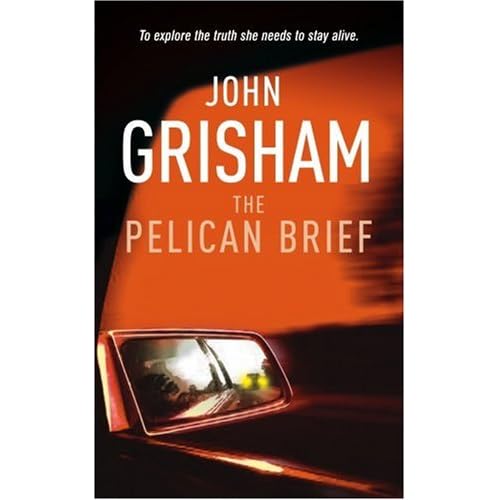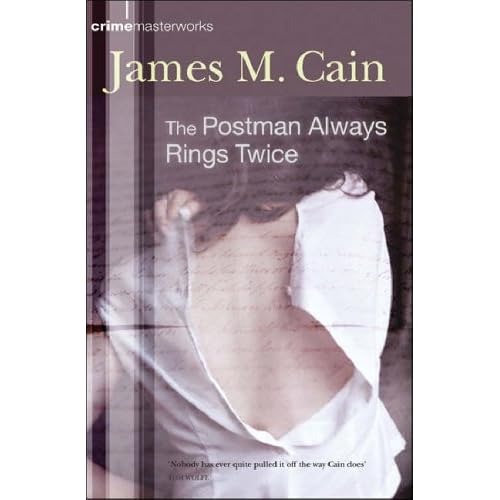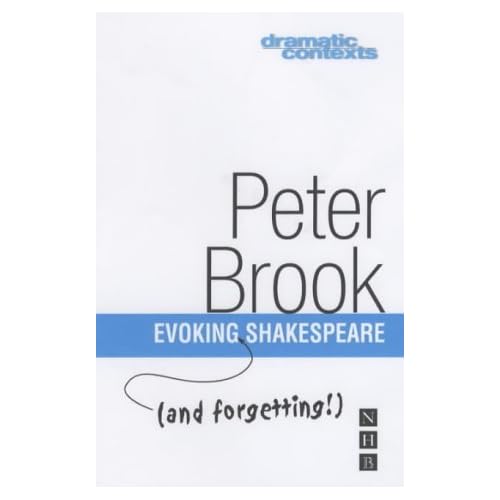
P. G. Wodehouse
There are certain books and certain authors one is coy about naming in the realms of favourites – Mr Wodehouse is one.
Ever since teenageness I’ve been drawn to the chaos of the phantom upper-class world he scratched out – less enamoured, I have to say, of the American excursions. What attracts is difficult to say – maybe the downright silliness of them.
Wodehouse was a writer of copious amounts – included lyrics for musical comedies (some 30 all told – around 250 songs). And therein lies the first clue to enjoying a Wodehouse – a good one will be like spending a couple of hours in the theatre – a ‘musical comedy’ approach is necessary, a ‘between-the-wars’, musical comedy approach in fact.
Love and ridiculous complications, mad uncles and tart aunts, rich old fogies and poverty stricken young things … warm balmy, never to be repeated summer days, and policemen (who appear solely for the purpose of knocking their helmets off in order to be captured and dragged along to the local magistrate – who will turn out to be the offenders, as-yet-un-met father of newly affianced fiancé).
Uncle Fred in the Springtime has most of these elements or a variation thereof – and the Blanding’s Pig.
The story is not really essential – in this case it revolves around one Uncle, Fred, trying to get another Uncle, the Loony Duke of Dunstable, to behave in a reasonable manner and cough up lots of money to support his poetry writing nephew in the enterprise of an onion soup stall in Picadilly, which will facilitate the said poet’s marriage – to the dance teaching daughter of a private detective. There is also the sub plot of preventing the removal of Lord Emsworth’s pig by the poker wielding Duke, who is convinced Emsworth wishes to enter the pig in the Derby, and the supplying of even more money to Fred’s nephew who is in danger of several broken limbs and a long stay in a hospital bed on account of debts unpaid.
Confused? – you are allowed to be. And yet there is a clarity in the confusion – you never get confused enough to lose track, (either that, or you are laughing too much to care) and something new pops up so quickly you do not notice any confusion in yourself whilst noticing it in the story.
And that’s my next tip – take a chair into the garden, a bowl of strawberries (peppered) and an ice bucket with a bottle of champagne and one flute. Position yourself – and read. Don’t ‘do’ a Wodehouse in too many sessions – it’s a two act-er rather than five. Just let the whole silly story flow over you and worryeth not about following every detail. Being tipsy helps.
Most Wodehouses have a central character around whom things fly (revolve is far too sedate a word). Here it is Uncle Fred – not surprising really, given the title.
He’s a lovely old buffer – Shakespeare quoting, so an instant success with me – although not so with his nephew and niece, nor his fortunately absent wife. He has an aging Puck-like quality of solving problems in a way which causes maximum difficulties for all around, including ‘Uncle Fred’. Rarely does he doubt himself – everything will resolve satisfactorily, by magic it seems.
Fred is very ‘hands-on’ – preferably his nephews or other gullible young tyke, or co-operative young tyke-ess (who knows a good plan when she sees it). Nice young things fall for him instantly – sour prunes not so (one is left with the suspicion his absent wife is more the former than latter – but plays a good part in appearing shrivelled).
Fred’s biggest challenge is his contemporaries – who seem to have grown crabbed with age. Principle is Emsworth’s wife – who is the sort of woman who’d take a hairbrush to the backside of some poor nephew at the drop of a cricket ball (through the greenhouse window). Her biggest weapon is knowledge – of Fred’s wife – and access to a jungle telegraph more effective than e-mail. A minor danger, swiftly dealt with, is his neice – who is apprentice sour prune.
In a similar class to the niece, is the secretary – male. I suspect Wodehouse had problems with one of these early in life and consequently took a hatchet to the species whenever the opportunity arouse. Dishonest, devious, cowardly, ganging up with the united forces of vinegar-women and Loony-Dukedom. Fortunately he gets truly egged.
And there is the passion-for-taking-money-off-other-people-with-a-card-game, Private Detective – who just happens to be the father of a wanna-be poet’s bride.
How could a story fail with such a classic bunch of caricatures? Quite easily – but not on Wodehouse’s typewriter. Lesser writers would find it very difficult to assemble an entertaining castle on such foundations.
Wodehouse’s cement is a wit with language – and spare, effective, cutting dialogue (no doubt sharpened in the fifteen plays he joint wrote). It is not surprising adaptations of his novels and stories make such good television.
Comedy is part of the double faced mask of Drama – the Ancient Greeks gave it equal status.
Somewhere in the Judeo-Christian European Middle Ages it seems to have been demoted to trivia and superfluity: I’m a pagan in this.
Give me a Wodehouse … and I want it now!
Technorati Tags:
Wodehouse,
Blandings,
Uncle Fred






